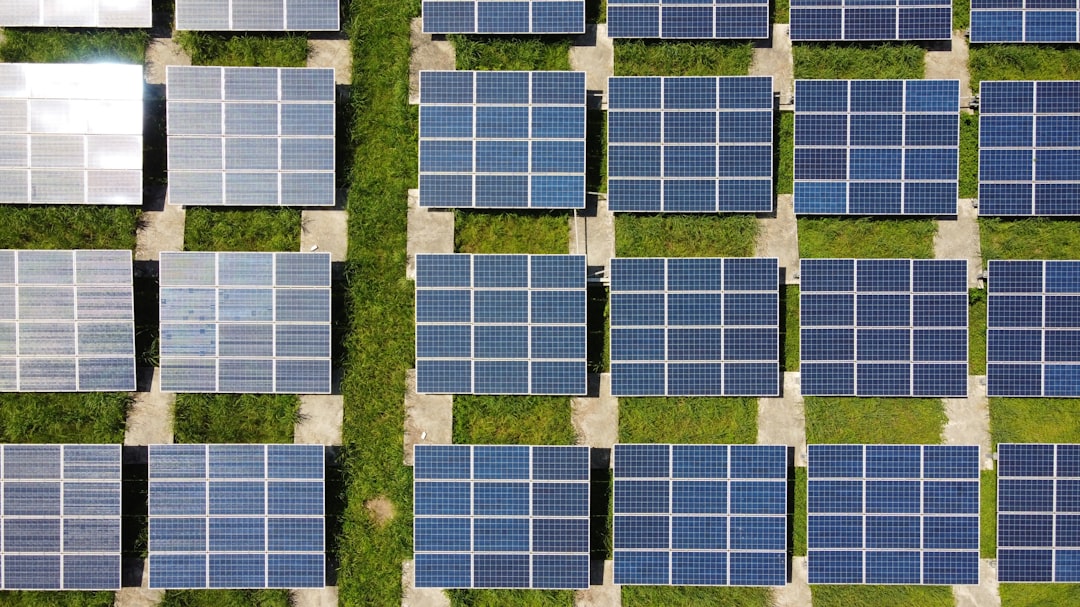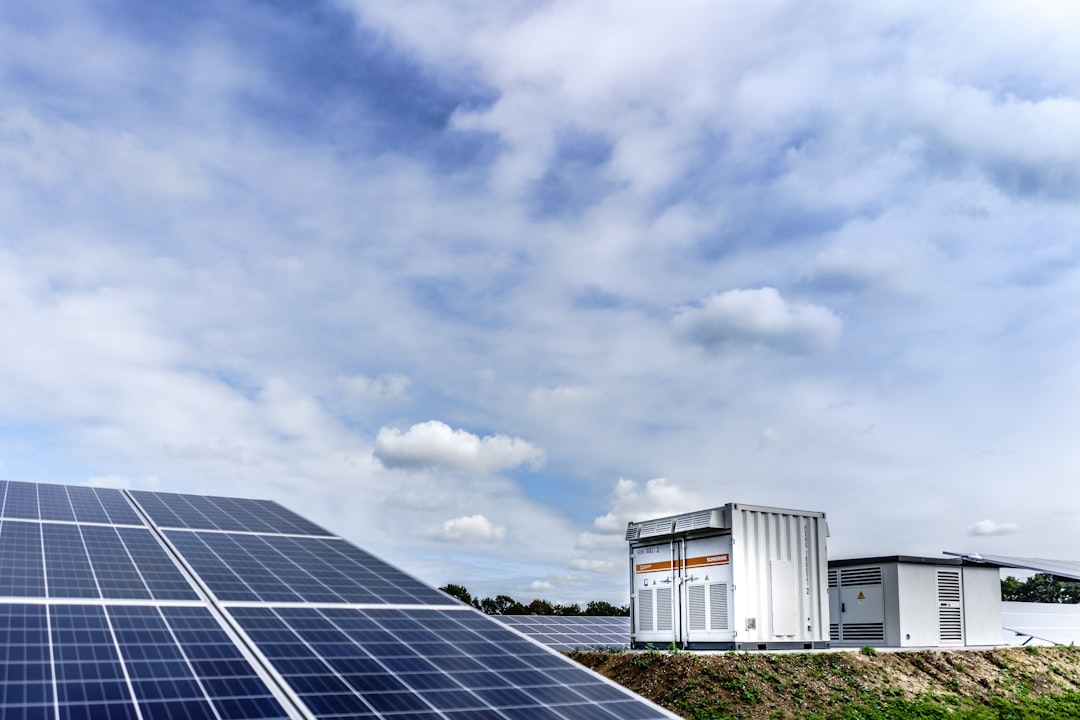The Future of Renewable Energy: Trends and Innovations
The future of renewable energy is looking brighter than ever. As the world continues to grapple with the effects of climate change, the need for sustainable and clean sources of energy has become increasingly urgent. Fortunately, advancements in technology and a growing global commitment to reducing carbon emissions have paved the way for exciting trends and innovations in the renewable energy sector.
1. Solar Power
Solar power has long been recognized as one of the most promising sources of renewable energy. With the decreasing cost of solar panels and improvements in efficiency, solar energy is becoming more accessible and widespread. Innovations such as solar paint and solar windows are also on the horizon, allowing for seamless integration of solar power into our daily lives.

2. Wind Energy
Wind energy is another key player in the renewable energy landscape. As wind turbine technology continues to improve, we are seeing larger and more efficient turbines being deployed around the world. Offshore wind farms are also gaining traction, harnessing the strong and consistent winds found at sea. With advancements in energy storage, wind power can now provide a reliable and consistent source of electricity.

3. Energy Storage
One of the biggest challenges with renewable energy sources like solar and wind is their intermittent nature. However, energy storage technologies are rapidly evolving to address this issue. Batteries, such as lithium-ion and flow batteries, are becoming more efficient and affordable, allowing for the storage of excess energy generated during periods of high production. This stored energy can then be used during times of low production or high demand.

4. Hydrogen Power
Hydrogen power is emerging as a promising solution for clean energy. Hydrogen can be produced through electrolysis using renewable energy sources and used as a fuel for various applications, including transportation and electricity generation. Fuel cell technology is also advancing, making hydrogen-powered vehicles more efficient and practical.

5. Smart Grids
Smart grids are revolutionizing the way we distribute and consume energy. By integrating advanced communication and control systems, smart grids enable real-time monitoring and optimization of energy flow. This allows for more efficient use of renewable energy sources and better management of the overall energy grid. Smart grids also empower consumers to actively participate in the energy market, making informed decisions about their energy usage.

6. Bioenergy
Bioenergy utilizes organic matter, such as agricultural waste and dedicated energy crops, to generate heat and electricity. Advances in bioenergy technologies have made it a viable and sustainable alternative to fossil fuels. Biofuels, produced from crops like corn and sugarcane, are also gaining popularity as a renewable source of transportation fuel.

7. Geothermal Energy
Geothermal energy taps into the heat stored beneath the Earth's surface. Geothermal power plants use this heat to generate electricity, providing a constant and reliable source of renewable energy. As technology improves, geothermal energy has the potential to play a significant role in our transition to a clean energy future.

8. Policy Support and Investment
One of the most crucial factors driving the future of renewable energy is policy support and investment. Governments around the world are recognizing the importance of transitioning to sustainable energy sources and are implementing policies to encourage renewable energy adoption. Additionally, private investors are increasingly seeing the potential for significant returns on investments in renewable energy projects.

In conclusion, the future of renewable energy is full of promise and innovation. Solar power, wind energy, energy storage, hydrogen power, smart grids, bioenergy, geothermal energy, and supportive policies are all contributing to the growth of the renewable energy sector. With continued advancements in technology and a global commitment to sustainability, we can look forward to a cleaner and greener future powered by renewable energy.